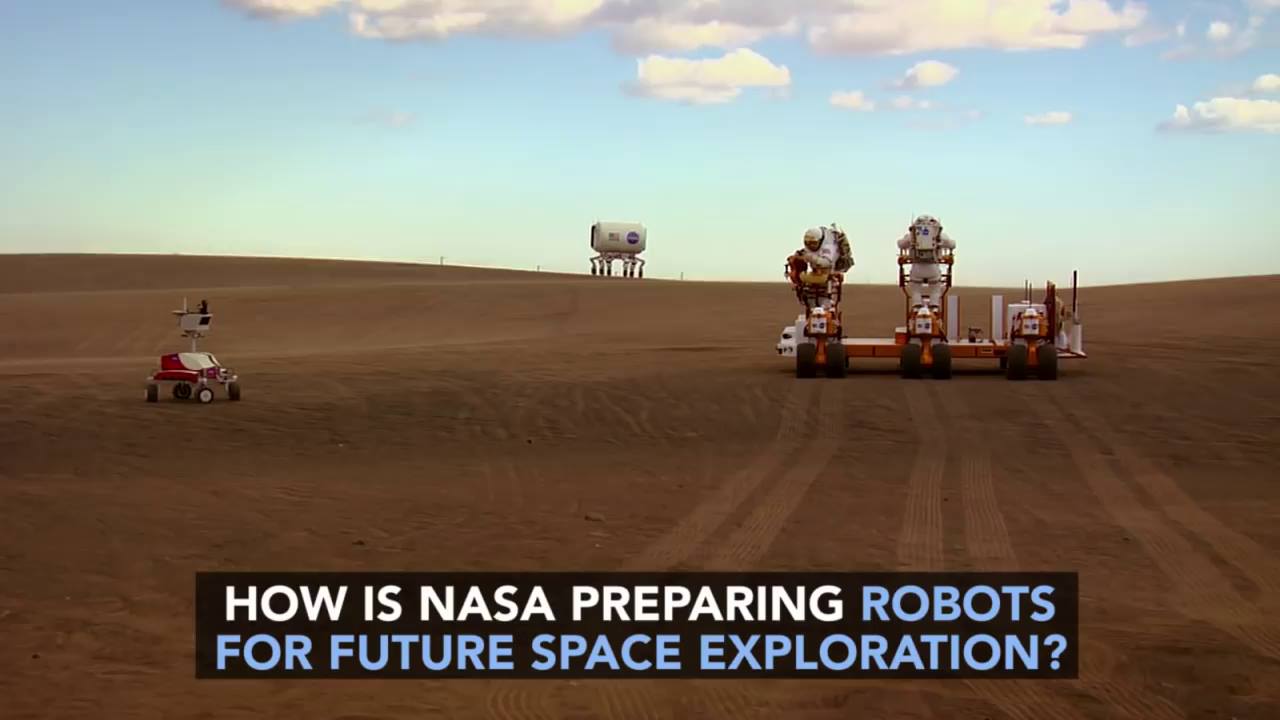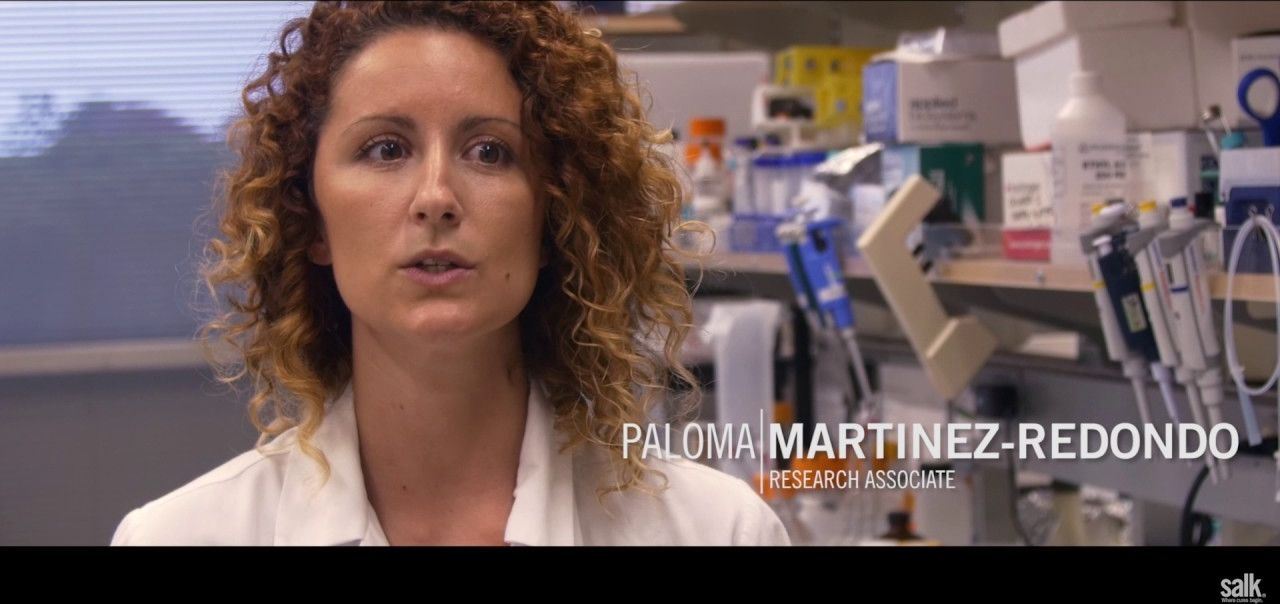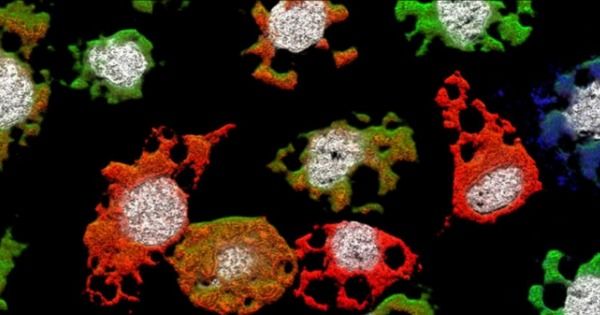Jan 15, 2017
Eight Foods of the Future That Could Soon Be Coming Our Way
Posted by Shane Hinshaw in categories: food, futurism
Food trends change all the time, and not just dependent on where you live, but also when. For example, 100 years ago they were not eating most of the stuff we have today. Pop Tarts, Cheetos, and Gatorade would certainly not have existed, and if you were to go back in time now and try and introduce these things, they would probably get thrown at you. But, the point is that sometimes you just can’t help what food is introduced around you and accepted as the norm, and over the next 30 years, we will see odder but edible manifestations are coming our way. Below are eight future foods that are not a million miles away from being introduced into society and are being worked on now:


















